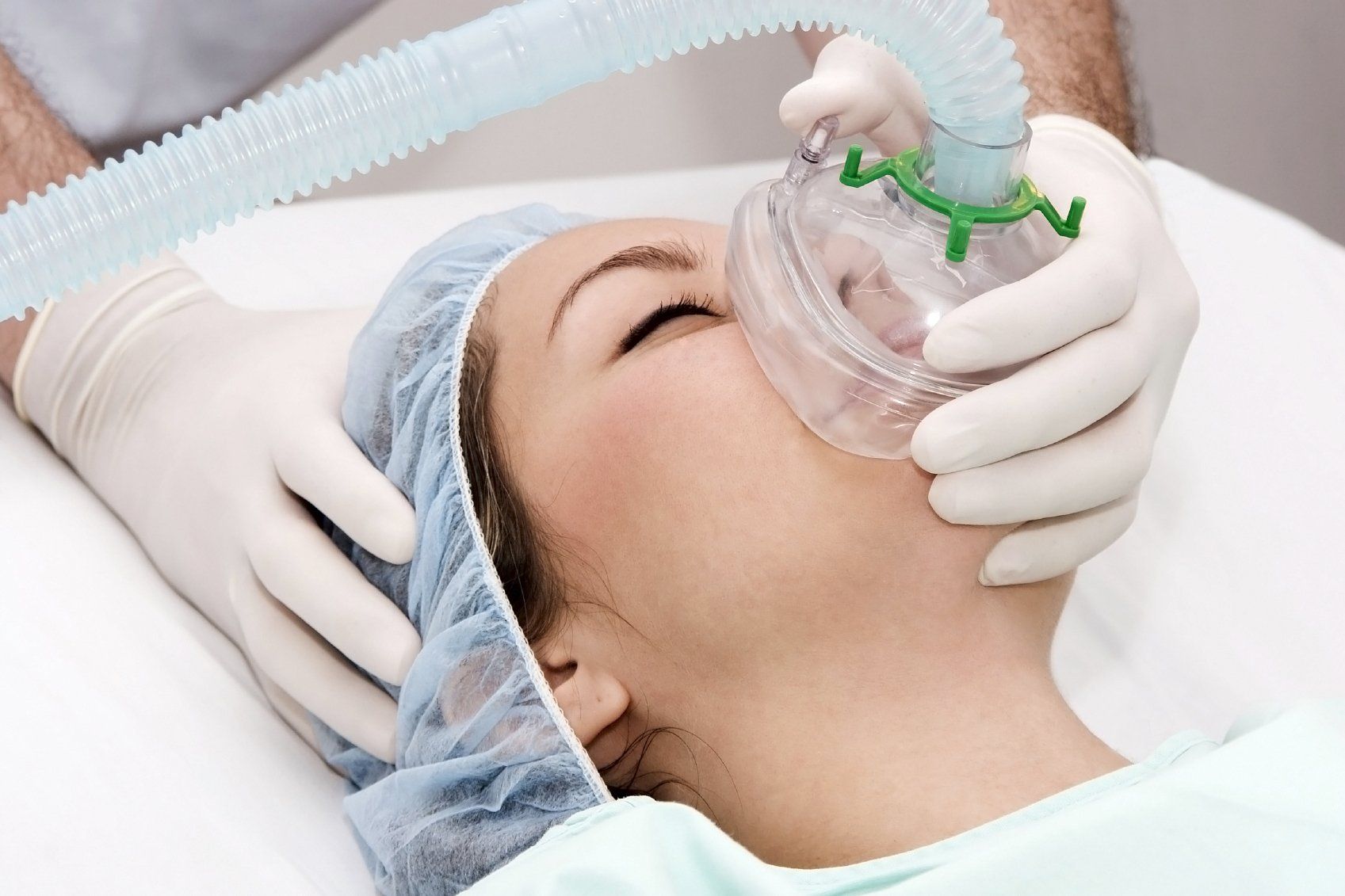Menu of ERP Interventions
Process Measures
Potentially, every surgical procedure or patient population may have their own unique best Enhanced Recovery pathway.
ERP considers using every intervention that is evidence-based to improve patient outcomes and then collects data to confirm the set of options implemented is optimal.
There are common shared interventions to be considered for each pathway:
Start with known-effective, published ERP protocols;
Collect data prior to and after implementation;
Optimize interventions guided by your institutional data/results and evolving evidence-based medicine.
Here is a list of potential interventions to consider investigating/implementing:
Preadmission
Patient and Family Education.
Smoking and Alcohol Cessation.
Prehabilitation.
Medical Optimization.
(Diabetes, Hypertension, Cardiac, Respiratory, Sleep Apnea Etc.).
Nutritional Optimization.
Anemia Optimization.
Immediate Preop
Fasting.
Clear liquids after midnight.
Carbohydrate Loading.
Blood Sugar and Diabetes Management.
Multi-Modal Analgesia.
Prevention of Nausea and Vomiting.
Thromboembolism Prophylaxis.
Fluid and Electrolyte Management.
Antimicrobial Prophylaxis and Skin Prep.
Multi-Modal Analgesia.
Pre-Warming.
Special Considerations:
Judicial Bowel Prep at Surgeon's Discretion.
(Include Oral Antibiotics with Bowel Prep)
Intraop
Goal Directed Fluid Therapy (GDFT) and Fluid and Electrolyte Management.
Minimally Invasive Surgery when Possible.
Maintain Normothermia.
Prevention of Nausea and Vomiting.
Prevention of Infection.
Intravenous Antibiotics
Skin Prep
Minimize Opiates and their Adverse Effects.
Multi-modal Analgesia.
Regional Anesthesia.
Minimize Drains, Tubes and Catheters.
Postop
Multi-modal Analgesia.
Minimize Opiates.
Intravenous Fluid Management.
Early Feeding.
Prevention of Ileus.
Early Mobilization.
Glycemic Control.
DVT prevention and Thromboprophylaxis.
Minimize Drains, Tubes and Catheters.
Patient Function (return to work) and Satisfaction.



